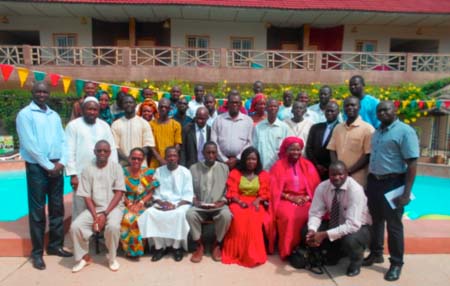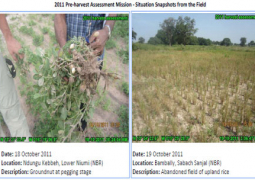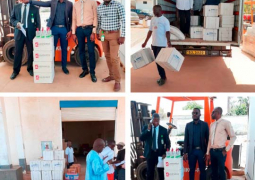
The
Minister of Health and Social Welfare, Hon. Saffie Lowe-Ceesay yesterday presided over the opening of an
orientation stakeholders meeting and assessment on the joint external
evaluation, held at the Bambo Hotel.
The
joint External Evaluation was intended to assess the country’s capacity to
prevent, detect and rapidly respond to public health threats independent of
whether they are naturally occurring, deliberate or accidental.
The
purpose of the external evaluation process is to measure the country’s specific
status and progress in achieving the targets.
In
her opening statement, the Health Minister outlined the road map to the current
meeting stating that in May 2005, fifty-eight World Health Assembly members
adopted the International Health Regulations 2005 (IHR 2005), which entered
into force on 15 July 2007.
The
purpose and scope of the IHR 2005 are to prevent, protect against, control and
provide a public health response to the international spread of disease in ways
that are commensurate with and restricted to public health risks.
State
parties are required by the IHR 2005 to develop a minimum of core public health
capacities, she added.
She
said in 2002, the World Health Assembly urged state parties to take the
necessary steps to prepare and carry out appropriate national implementation
plans in order to ensure the required strengthening, development and
maintenance of the core public health capacities as provided for in the
international health regulations 2005.
She
added that in February 2016, WHO developed the Joint External Evaluation tool,
which allows for both self-assessment and external evaluation by WHO and
partners.
To
this end, the Government of The Gambia through the Ministry of Health and
Social Welfare and partners would conduct a self- assessment of these core
capacities with the sole aim of identifying gaps and strengths with regards to
IHR implementation and health security in the country.



